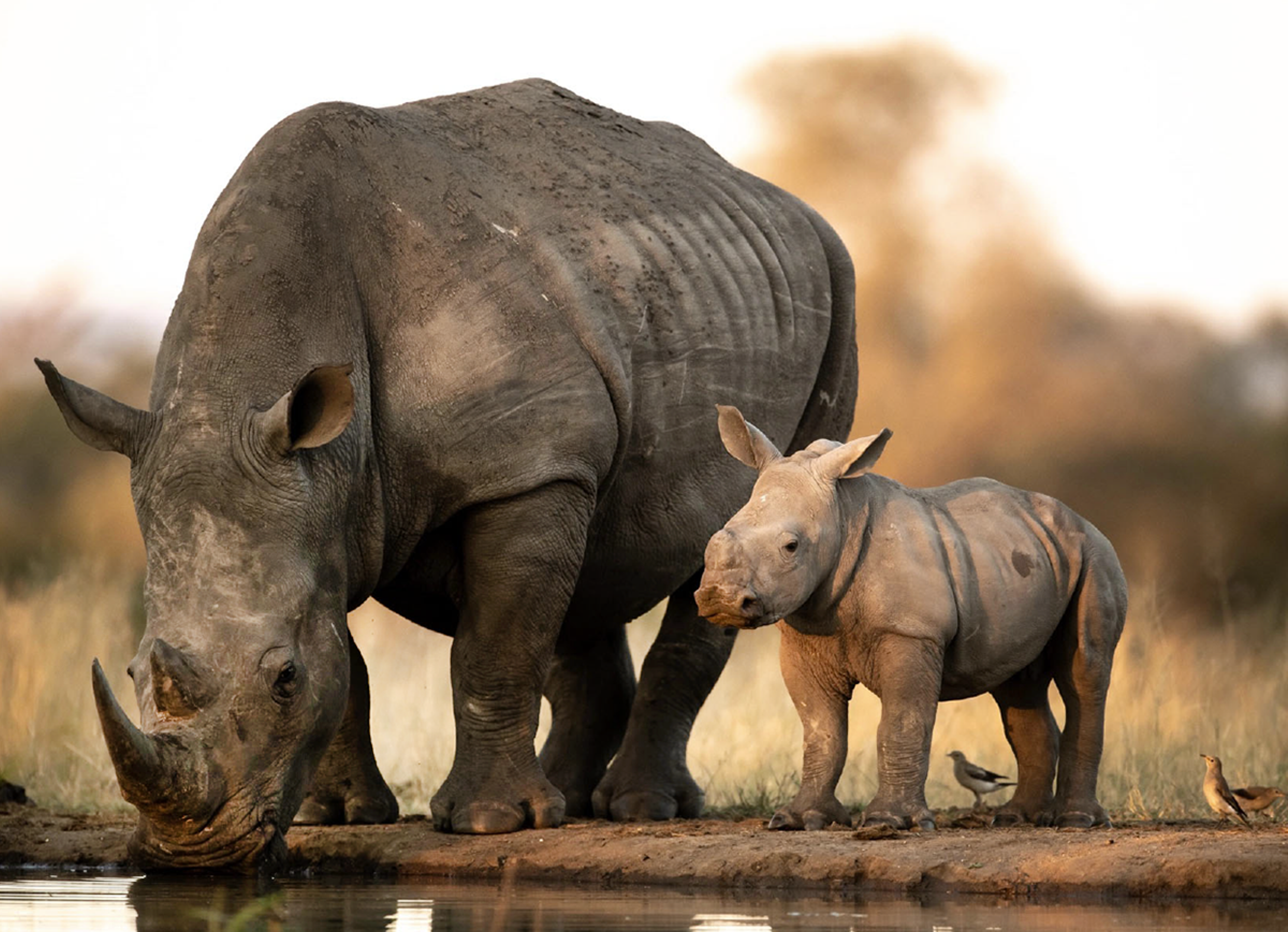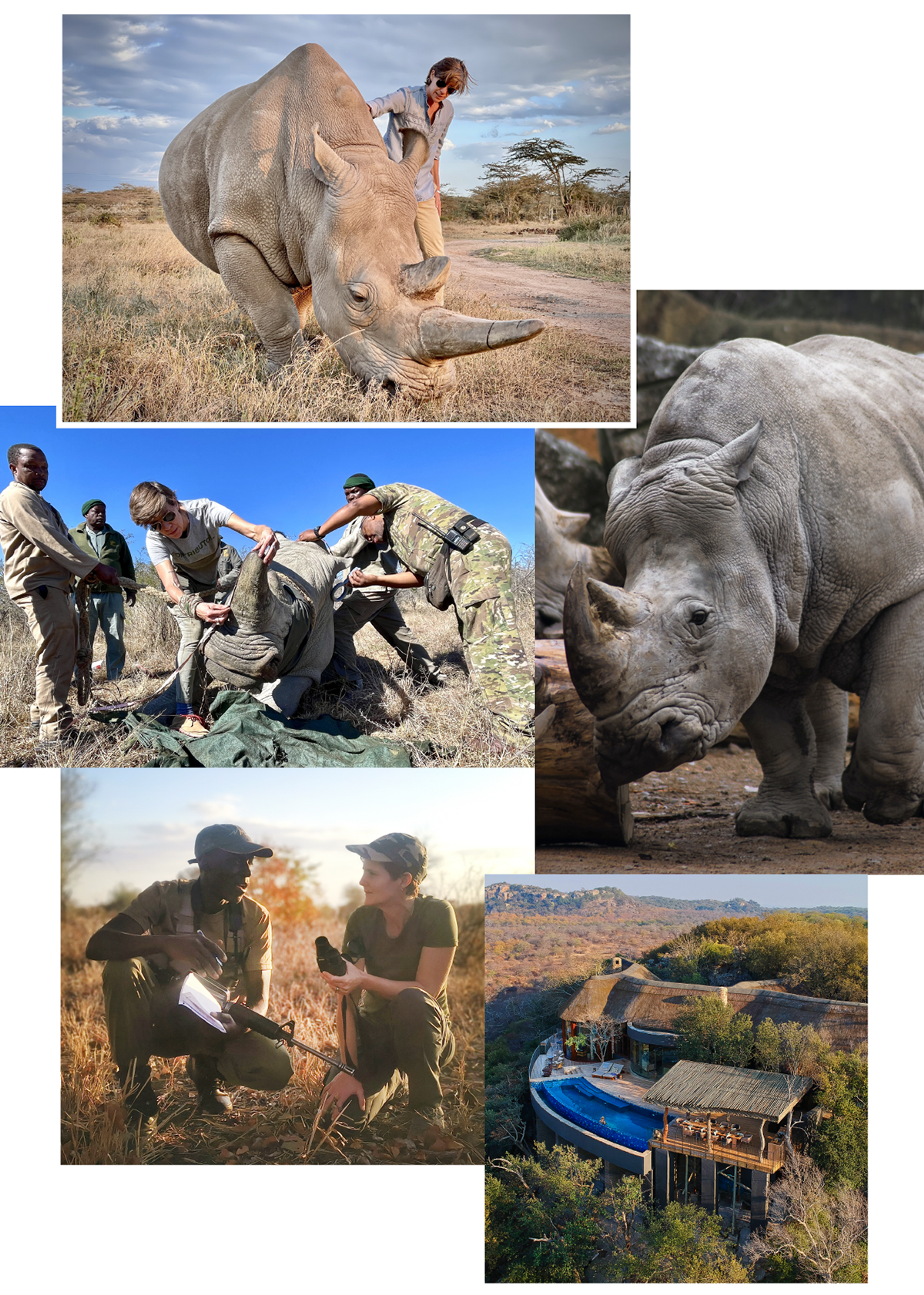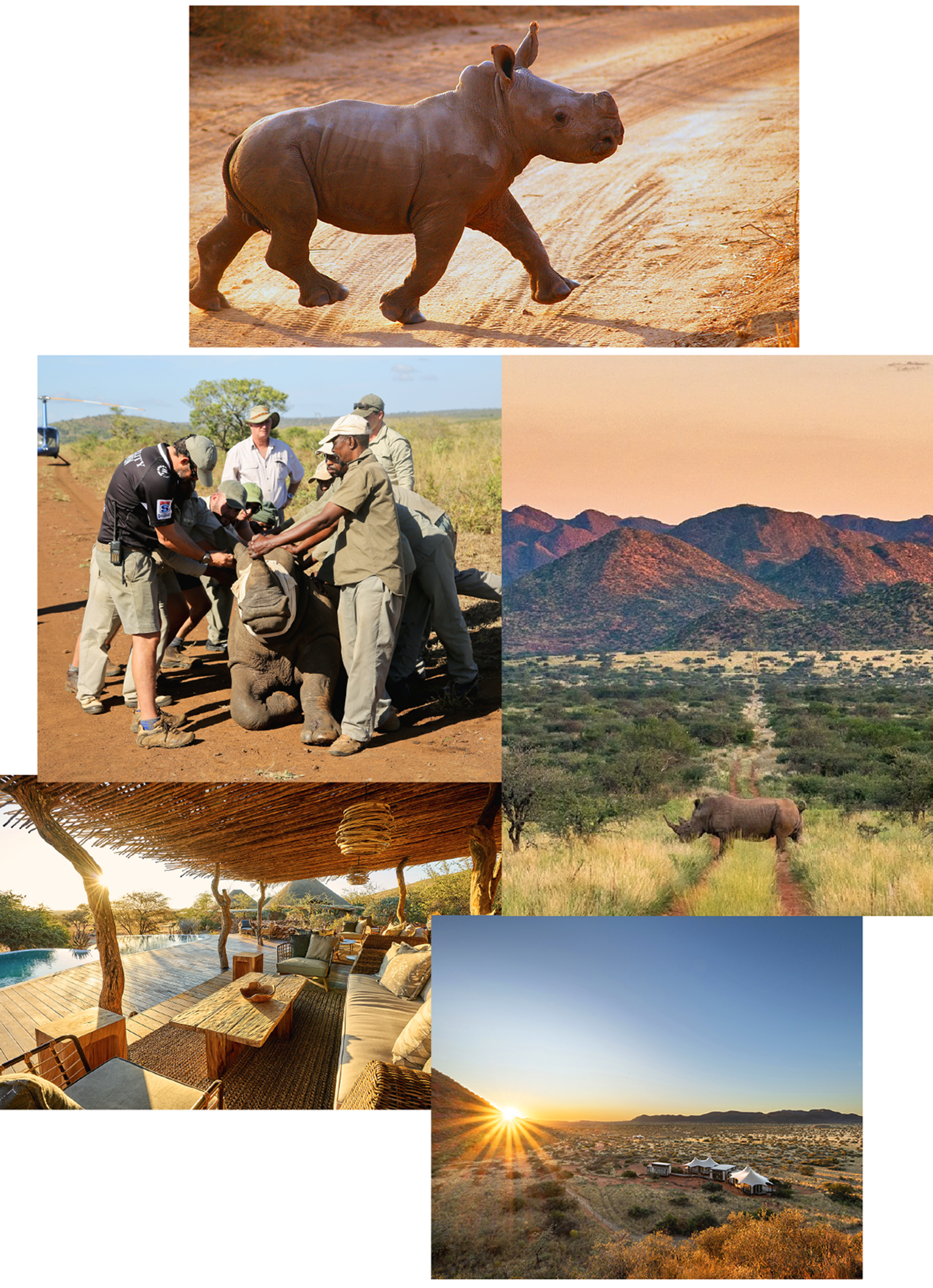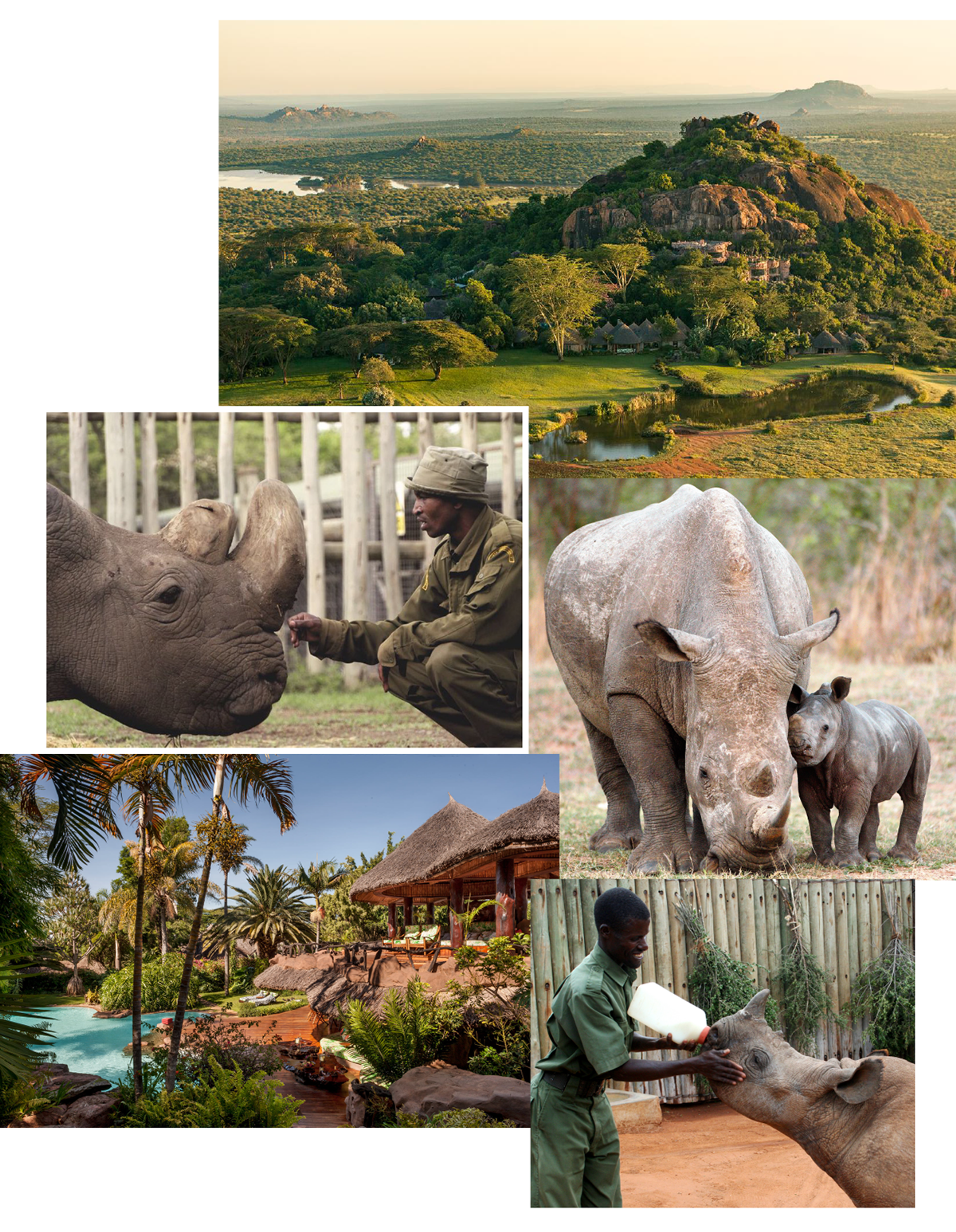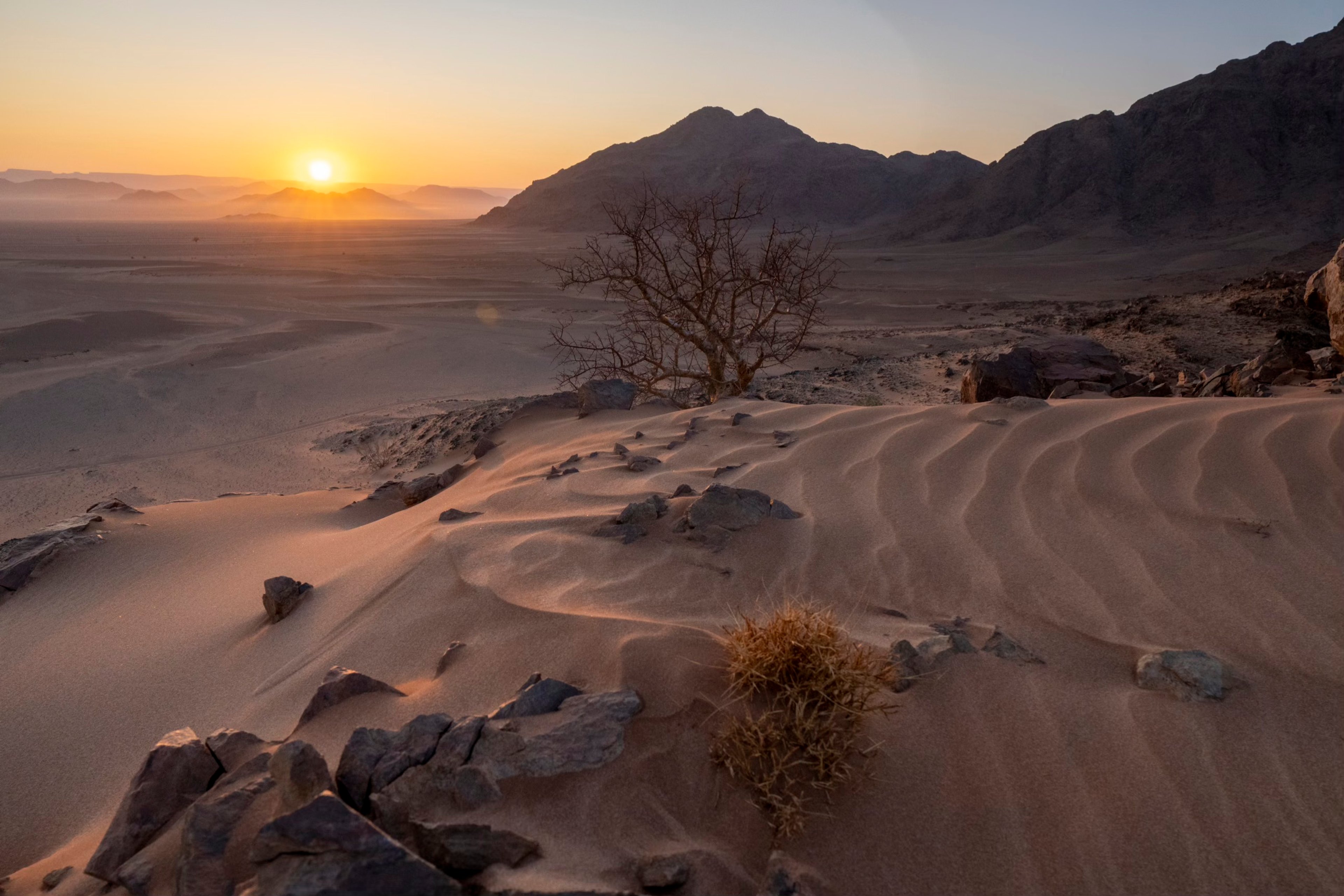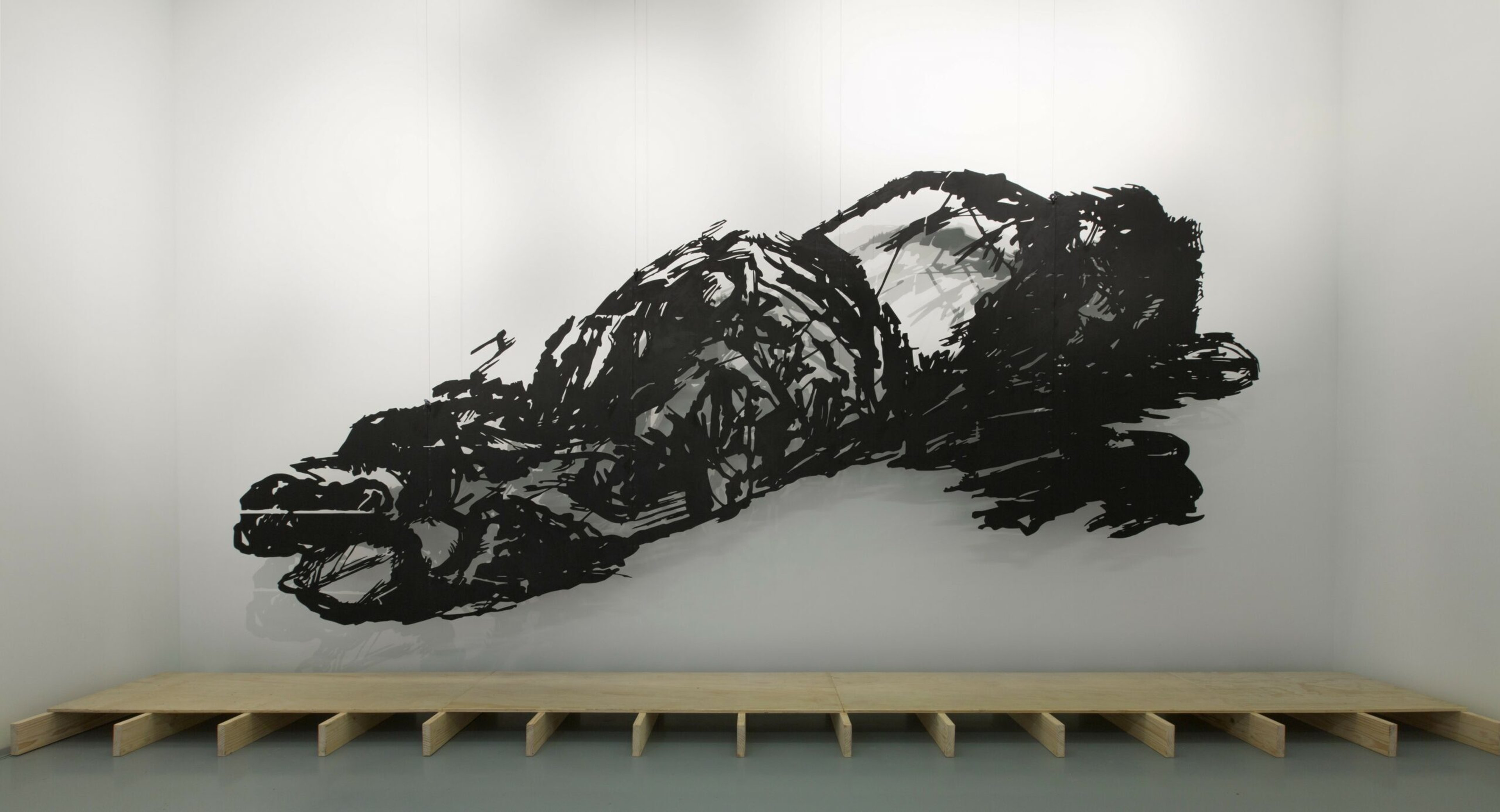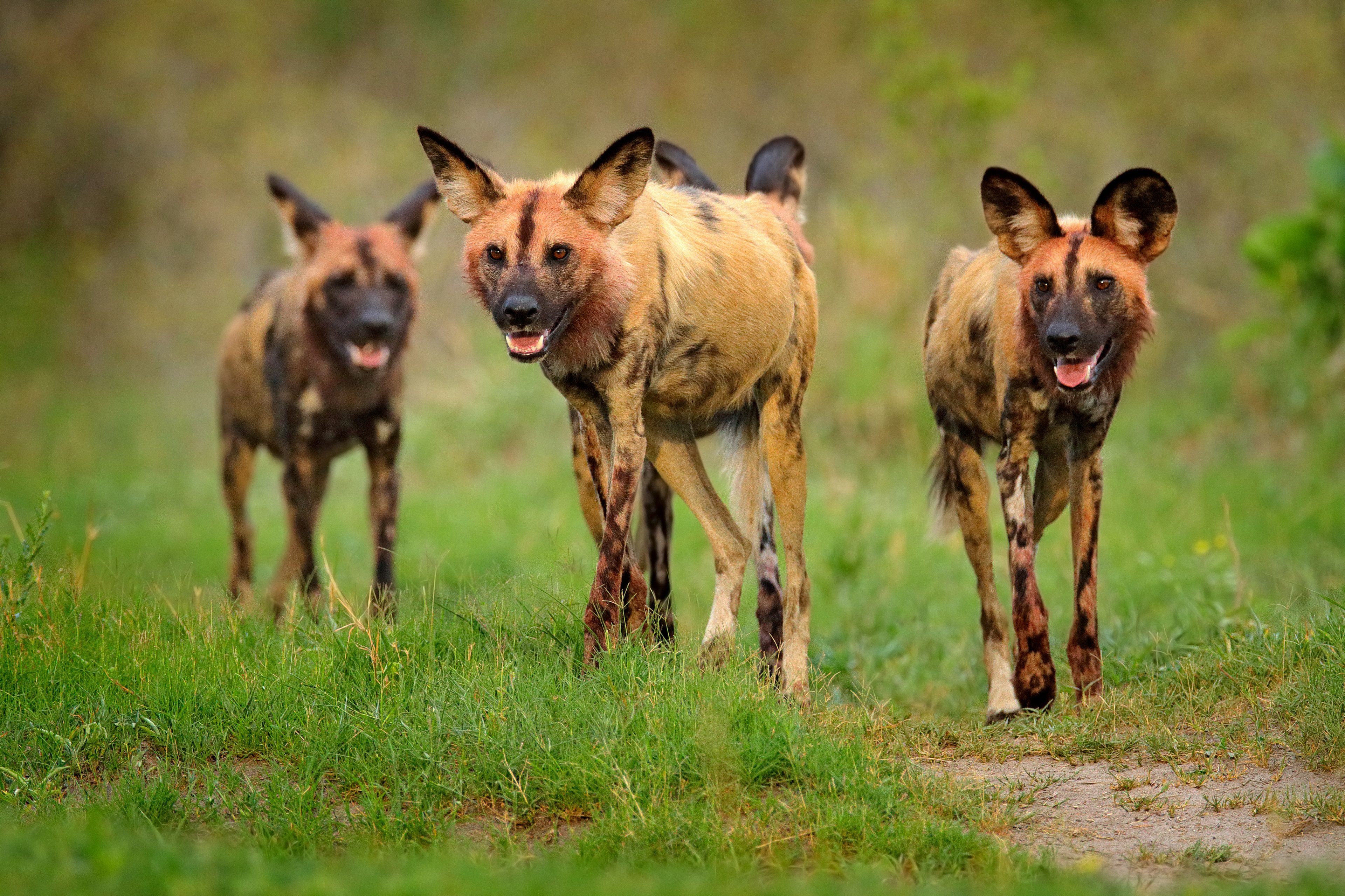“Only if we understand, can we care. Only if we care, we will help. Only if we help, we shall be saved.” – Dr. Jane Goodall, conservationist
As humans, we’re highly sentient beings, imbued with a primal urge to care for the world around us and understand our place within it. For me, there’s no better way to show care than saving Africa’s wildlife and wild spaces – hotbeds of critical biodiversity on which we all depend. But care is premised on understanding. How can we be of help without truly understanding what it is we’re helping and why? It’s long puzzled me that the nuanced intricacies of effective wildlife conservation are so rarely understood. Yet, thankfully, the inherent human urge to help and to provide care continues to power positive developments.
The recent news of African Parks’ decision to step in, purchase, and commit to rewilding 2 000 captive southern white rhinos, bought at a South African auction that drew no other bidders, blew my mind. This is a landmark moment for a species near extinction in Africa. Understandably, feelings of awe, admiration and excitement rippled through our team and the industry at large when news of this vast undertaking broke. But, like all the most noble, selfless acts in life, nothing comes easily. As born and bred Africans, we know what it takes to rewild and protect endangered wildlife. Conservation is the core of everything we do at ROAR AFRICA. Responsible, thoughtful tourism generates the income these national parks, and indeed the lodges and initiatives we partner with, need to protect the wildlife we cherish. By playing our part, we’re directly contributing to safeguarding the profound beauty of nature as it should be.
